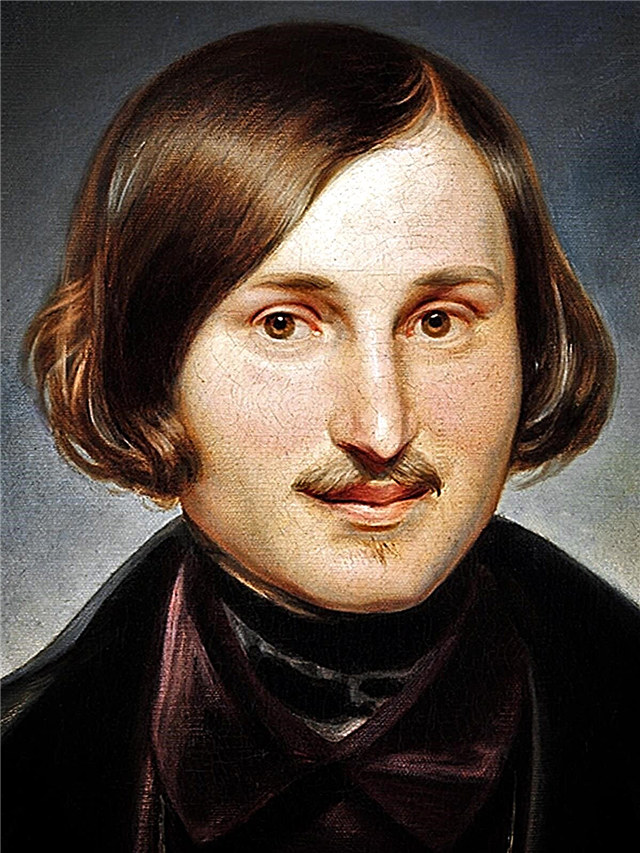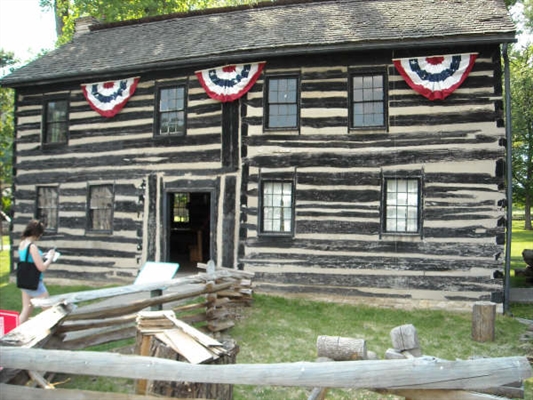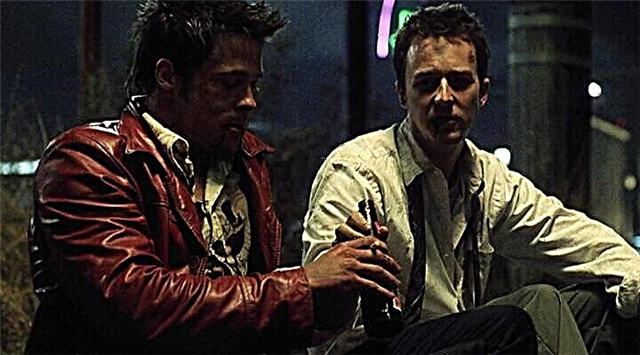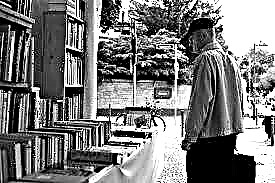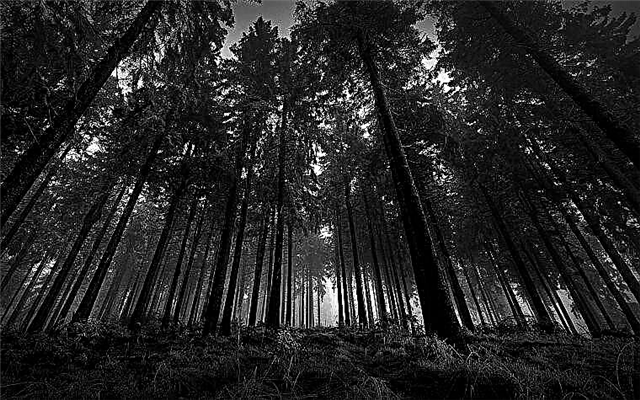(359 words) Inside each person live the concepts of good and justice. We are taught that, guided by kindness, helping people, we will surely believe something good. But often this is not entirely true. It is human nature to make mistakes and with good intentions to pave the way to hell. In my opinion, by no means always what seems good is actually such. Many writers have devoted their work to the analysis of this duality of human existence.
So, L.N. Tolstoy in his novel "War and Peace" reveals to us the fate of the nobleman Pierre Bezukhov. Throughout the story, the hero is actively engaged in the search for his life mission. At some point, under the influence of Masonic ideas, Pierre decides to free his peasants, build schools and hospitals for them, and make their life easier. Undoubtedly, Pierre was driven by the desire for good and justice. However, all his lofty dreams are being destroyed about the cruel truth of life. The skill managers stole the money allotted to him, and the changes that were nevertheless introduced did not appeal to the peasants. Pierre, being an extremely impractical person, allowed himself to be deceived, and after that he completely retired. Tolstoy showed how humane ideas torn from the earth embodied by dreamers only bring harm.
Another classic example is Elder Luke from Maxim Gorky’s play “At the Bottom”. The God-fearing wanderer visits the wretched rooming house, where the most despicable and insignificant scum of society has gathered. Alcoholics, thieves, prostitutes and scammers who have almost lost their humanity. Seeing the suffering of the shelters, Luke tries to help them. But what can a feeble old man do who has only faith in God? The elder can use only words of comfort and hope, tell the prostitute about sincere love, and the former actor and alcoholic about a wonderful hospital, tell the thief about the forgiveness of sins and a new life with his beloved in Siberia. Unfortunately, behind the beautiful words of Luke there is absolutely nothing. As soon as the wanderer left the rooming house, the actor hanged himself, the thief went to prison, and his lover disappeared. Luke did a really good deed, which ultimately turned into evil.
The world is not divided into black and white. He is much more complicated. Darkness and light in it are infinitely intertwined, giving rise to a multicolored and complex picture of life. Writers such as Tolstoy and Gorky understood this, so it follows from their works that kindness is not always appropriate, and good deeds are not always useful, they can even be harmful. As another classic said: "The road to hell is paved with good intentions."

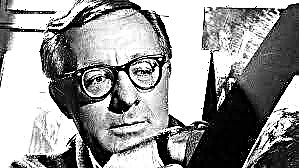

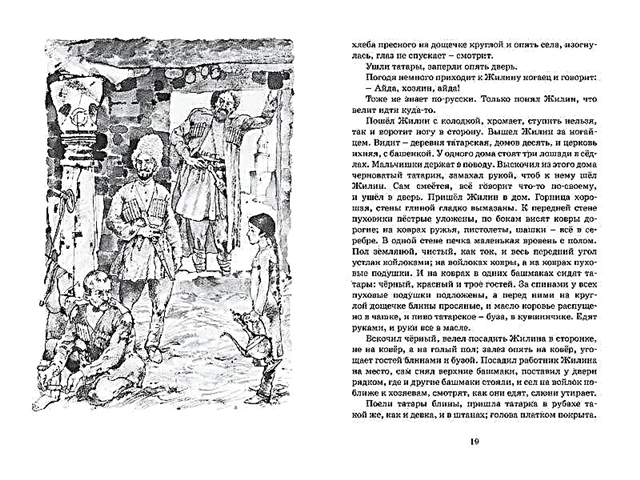
 Wow! Projects
Wow! Projects
